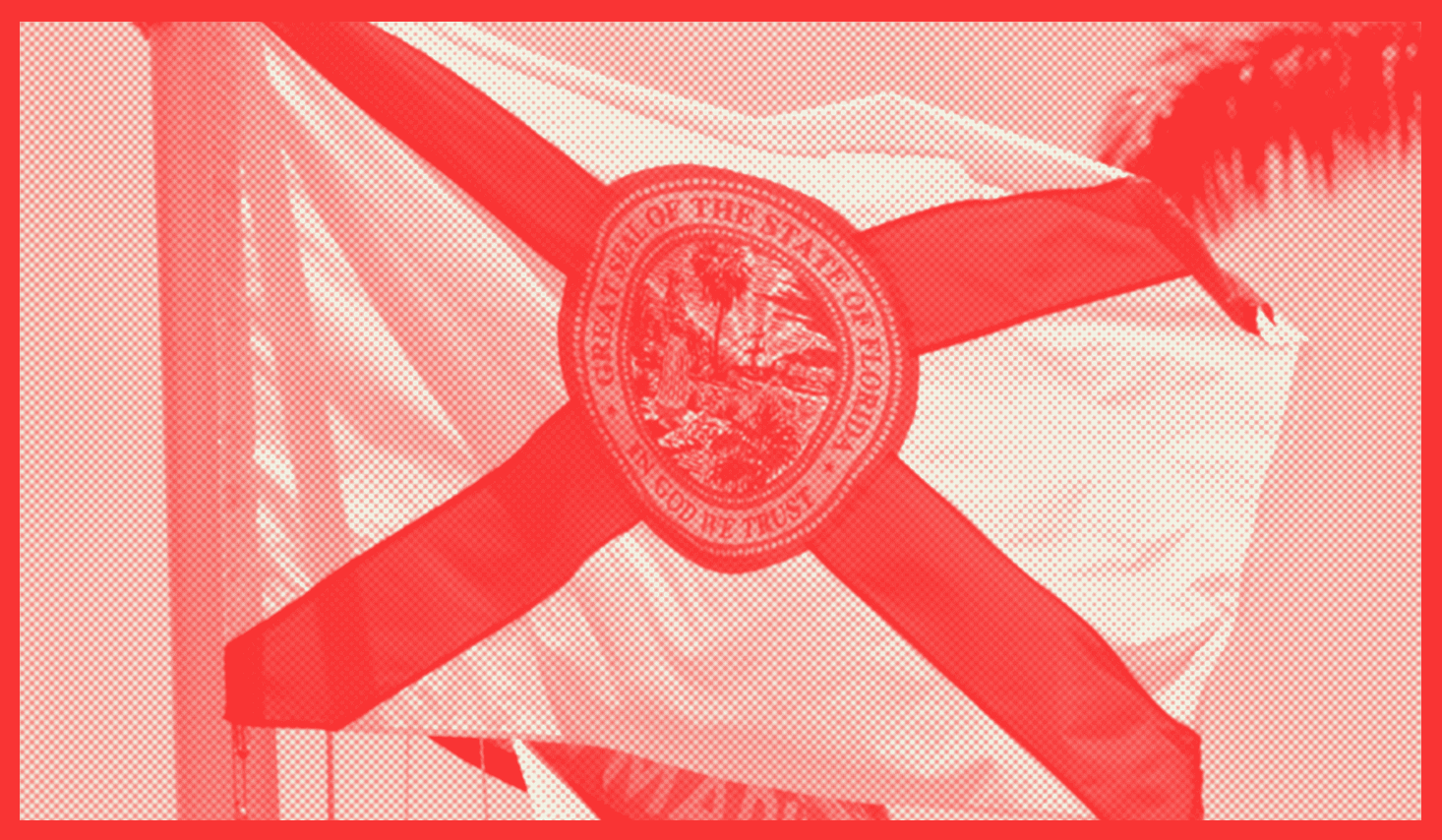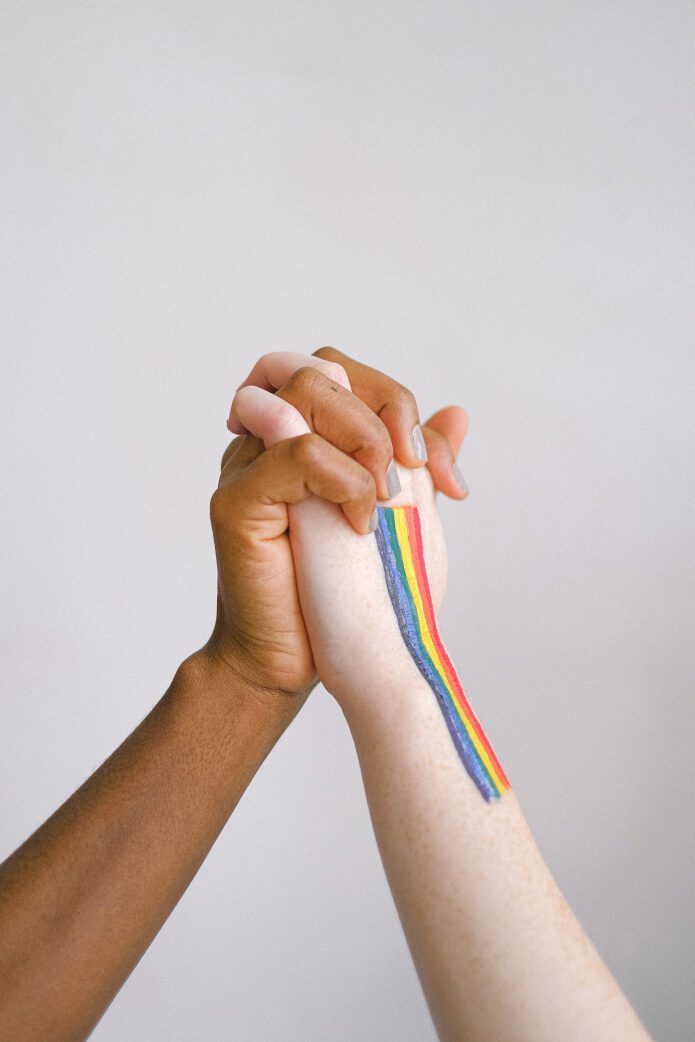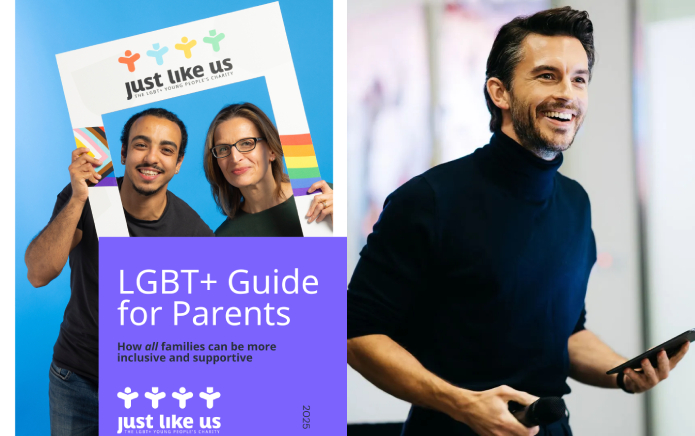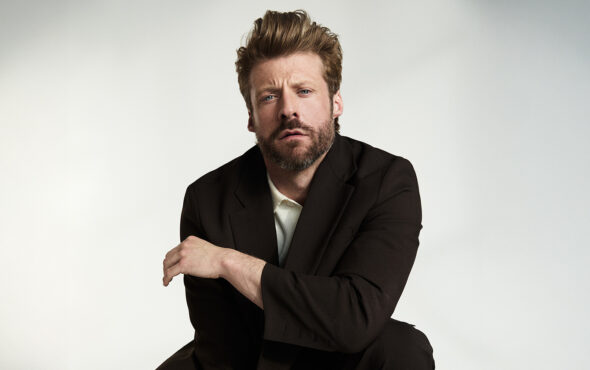
Last month, the Florida Senate passed HB 1557, known by its proponents as the Parental Rights in Education Bill and by critics as the “Don’t Say Gay” Bill. It’s expected to be signed off by the Governor of Florida, and contender for the 2024 Presidential race, Ron DeSantis. I may be thousands of miles away in the UK but the bill is filling me with dread.
I’m an ambassador with Just Like Us, the LGBTQ+ young people’s charity, meaning I volunteer with them to deliver school talks about LGBTQ+ identity and my story growing up bisexual to pupils in the UK. Under Florida’s new bill, many of the talks I give would be illegal.
Put simply, the bill’s purpose is to ban discussions of sexual identity and gender orientation in primary schools in Florida. It’s being framed by its supporters as a way to empower parents’ choice over what their children are taught (hence its formal ‘Parental Rights Bill’ title). But make no mistake – the consequences for young LGBTQ+ Floridians, and indeed all Floridian students, will be devastating.
The most controversial part of the bill surrounds the censorship of classroom discussions of sexual orientation and gender identity. Although this seems damaging enough, critics have also pointed out that the bill’s vague language leaves it open to harsh interpretation by those aiming to eradicate or stigmatise LGBTQ+ identities. So, whilst discussion is explicitly banned from ‘kindergarten to grade 3’ (equivalent to Year 4, age 8-9), the bill also bans discussion ‘in a manner that is not age appropriate or developmentally appropriate’. Given the legal and financial risks of breaking this law, it is feared that this will discourage crucial LGBTQ+ education far beyond the bill’s specified boundaries.
So what will this mean in practice? The main fear is that this bill tears large holes in the vital and already imperfect safety net LGBTQ+ young people rely on. The vague language, combined with the bill’s clear intent to isolate LGBTQ+ people from the wider community, means that it could embolden homophobic messages in schools in a variety of ways. It will likely mean not only a ban of classroom discussion on sexuality and gender identity, but also a ban on books with LGBTQ+ characters or themes, and even an erasure of LGBTQ+ historical figures from state curricula.
One of the first same-sex couples to get married in Florida recently warned that the bill would make it impossible for their child to talk freely about their parents at school. Imagine being scared to say who your parents are in your own classroom? As an LGBTQ+ young person who acutely remembers the complex challenges of coming to terms with my sexuality in a stigmatised environment, this bill terrifies me.


It terrifies me because I know how difficult and dangerous it is to be denied an adequate LGBTQ+ education and accepting school environment. It’s critical that schools are LGBTQ+ positive spaces where children have learning resources and support services available to guide them through the challenges of living in a straight society. Those with accepting families will cherish this support, those without that safety net will rely on it as a critical space where they can express themselves safely.
The disproportionate mental health challenges, homelessness, and suicide rates of LGBTQ+ young people are well known – schools play a vital role in supporting children when they are most vulnerable and alone. And what’s perhaps most worrying about this bill is that it applies to school support and counselling services too.
I remember how isolated I felt at school when planning how to come out. I remember even more strongly the fear and anxiety I felt for LGBTQ+ friends who were suffering the consequences of homophobic home and school environments. Legally barring student support services from helping LGBTQ+ children in need will have serious consequences. It won’t only be to the detriment of pupils’ mental health – it will affect the family they talk to, the home they live in, and it could even be the difference between life and death.
The bill is a reminder to all of us of the necessity of supporting LGBTQ+ children and fostering LGBTQ+ inclusive environments. We should be under no illusion that the progression of time necessarily means the progression of LGBTQ+ rights. And we must remember that what’s happening in the US is not an anomaly. We may be thousands of miles away but these laws are not confined to the US. Just look at Poland’s so-called “LGBT+ free zones” and the UK’s history with Section 28.
My time volunteering with Just Like Us empowers children to talk openly and inclusively about LGBTQ+ families and identities, and learn in a safe environment. I cannot emphasise enough the importance of such spaces for young people. We all have a responsibility to foster and protect them, and prevent any child growing up in a place where they’re taught “Don’t Say Gay”.
Billy is a volunteer with Just Like Us, the LGBT+ young people’s charity.



